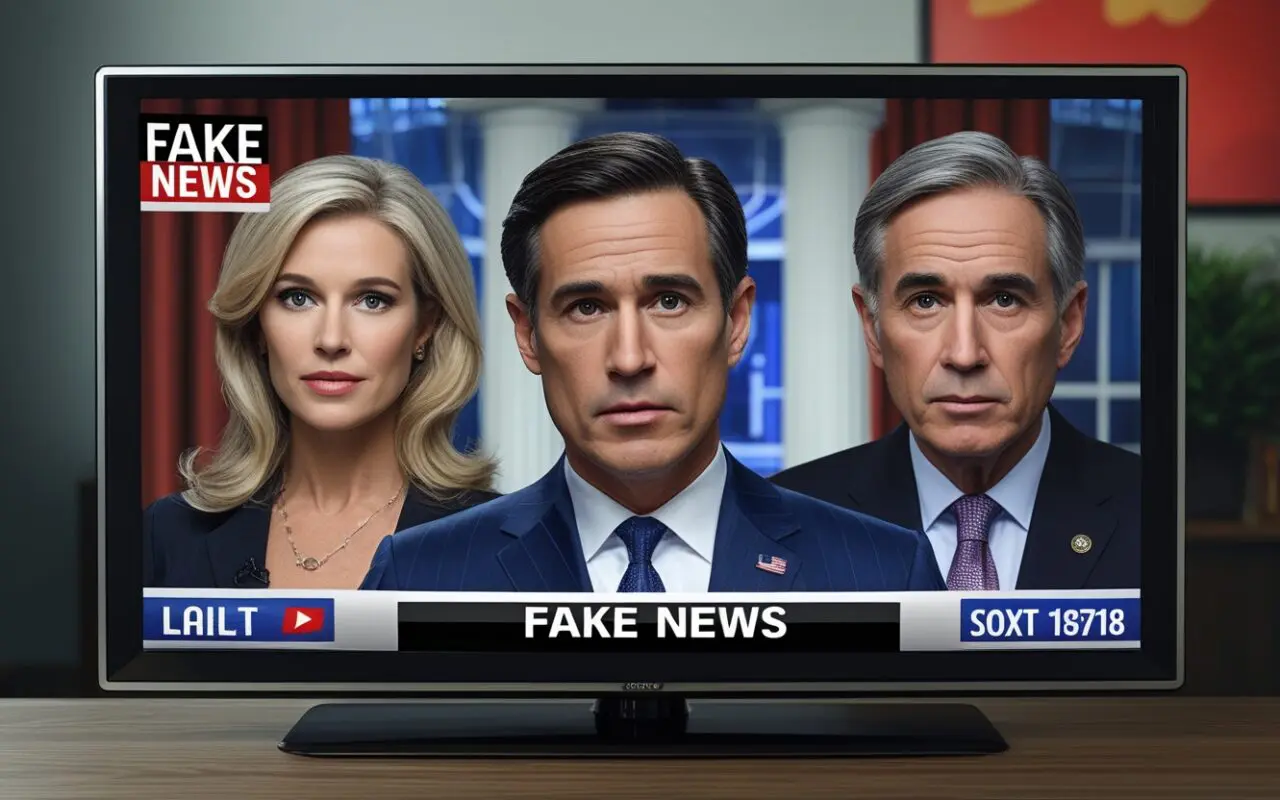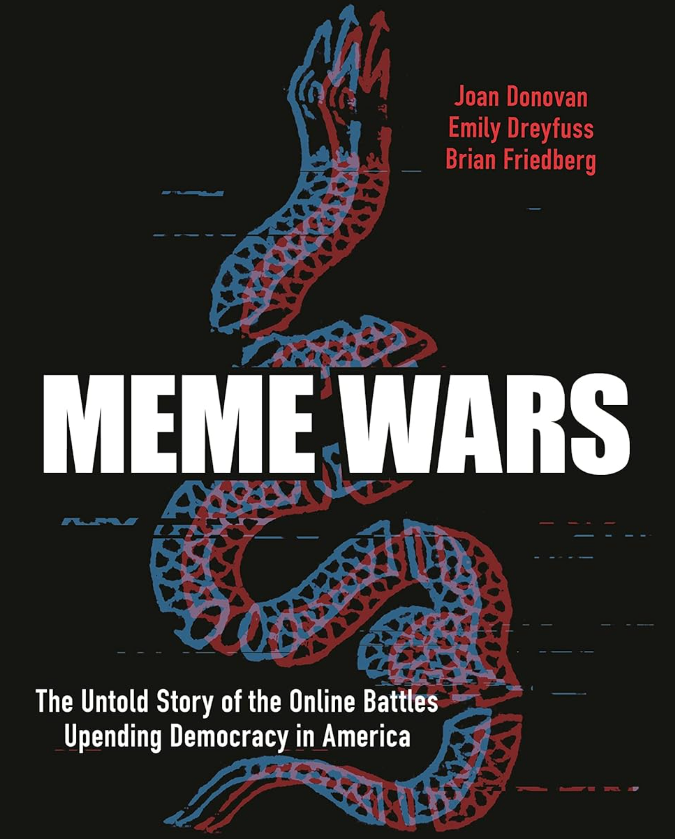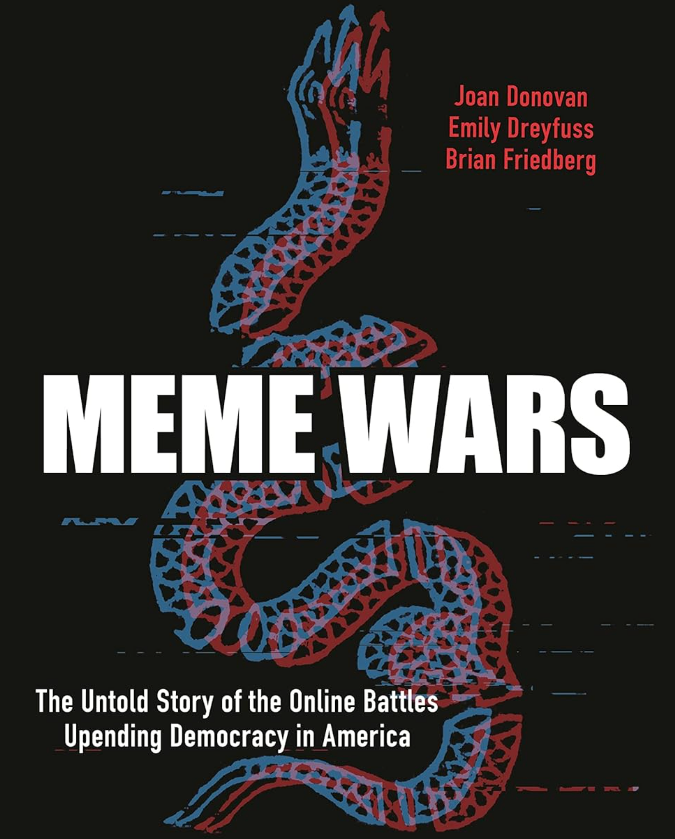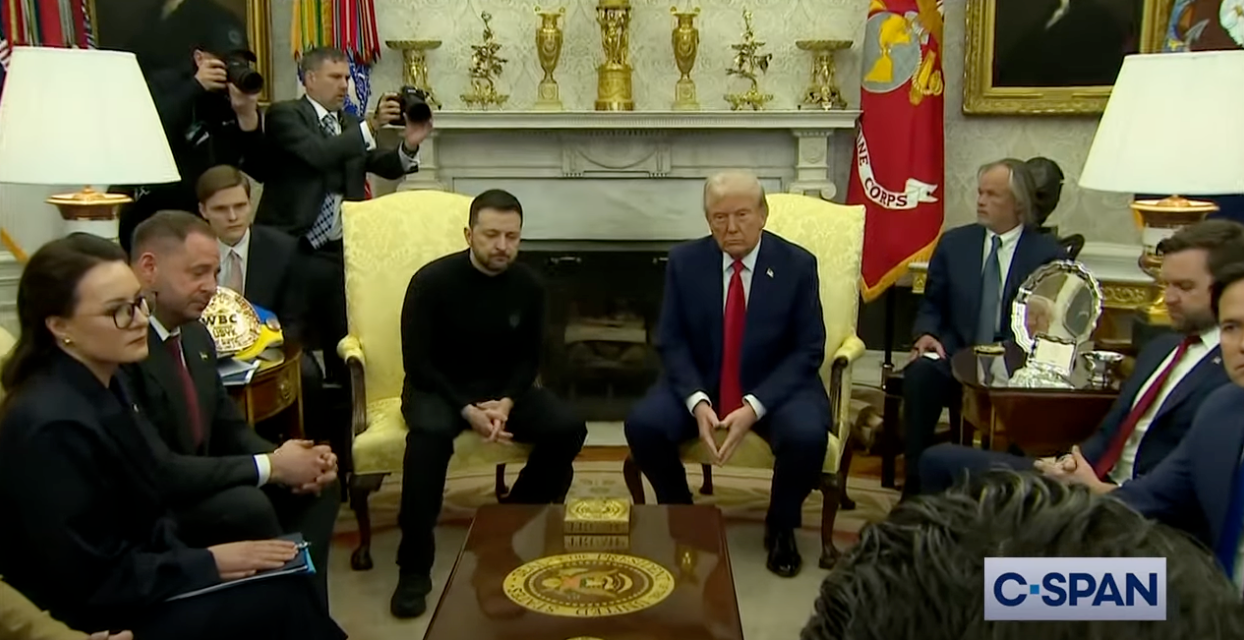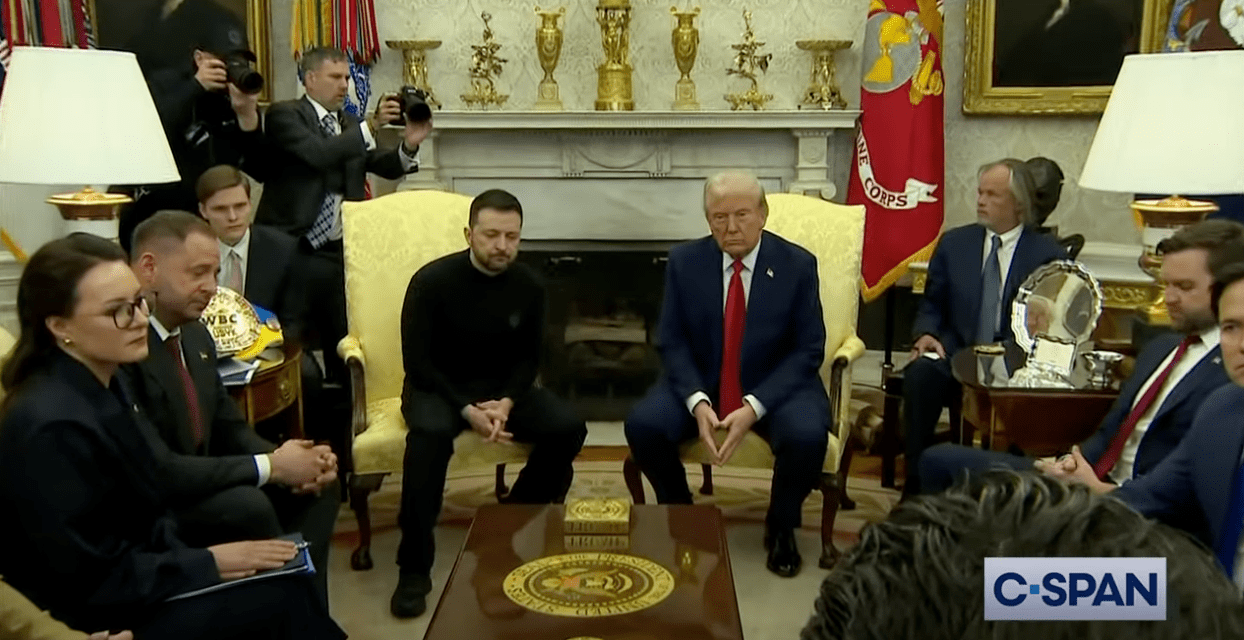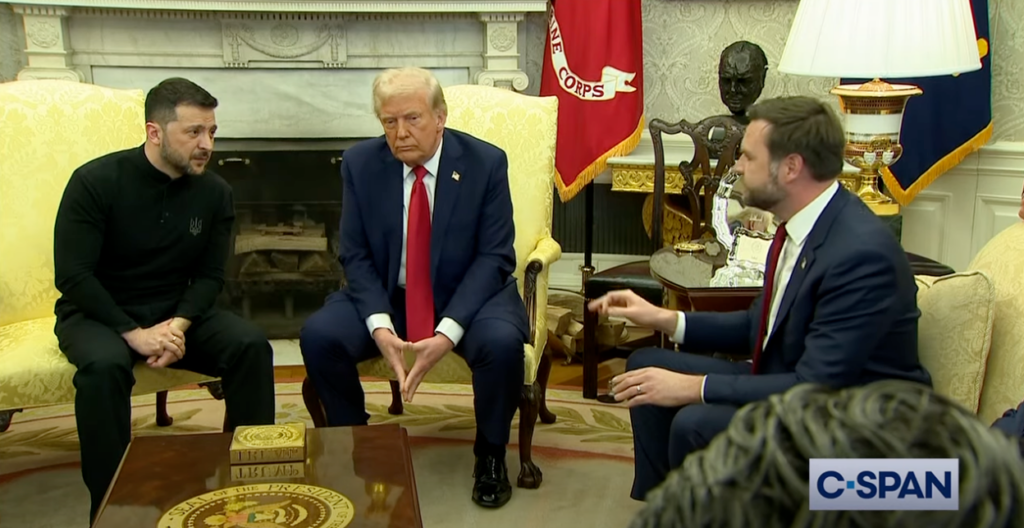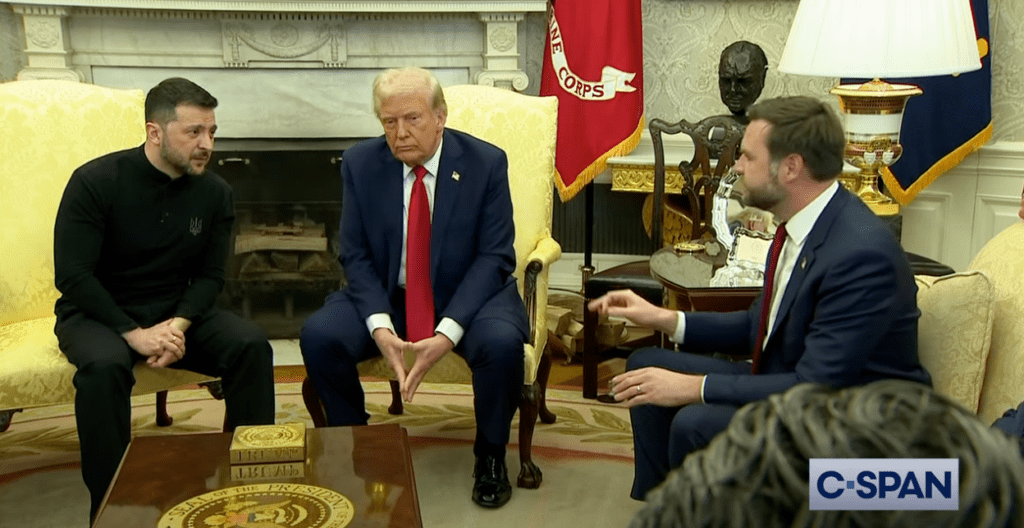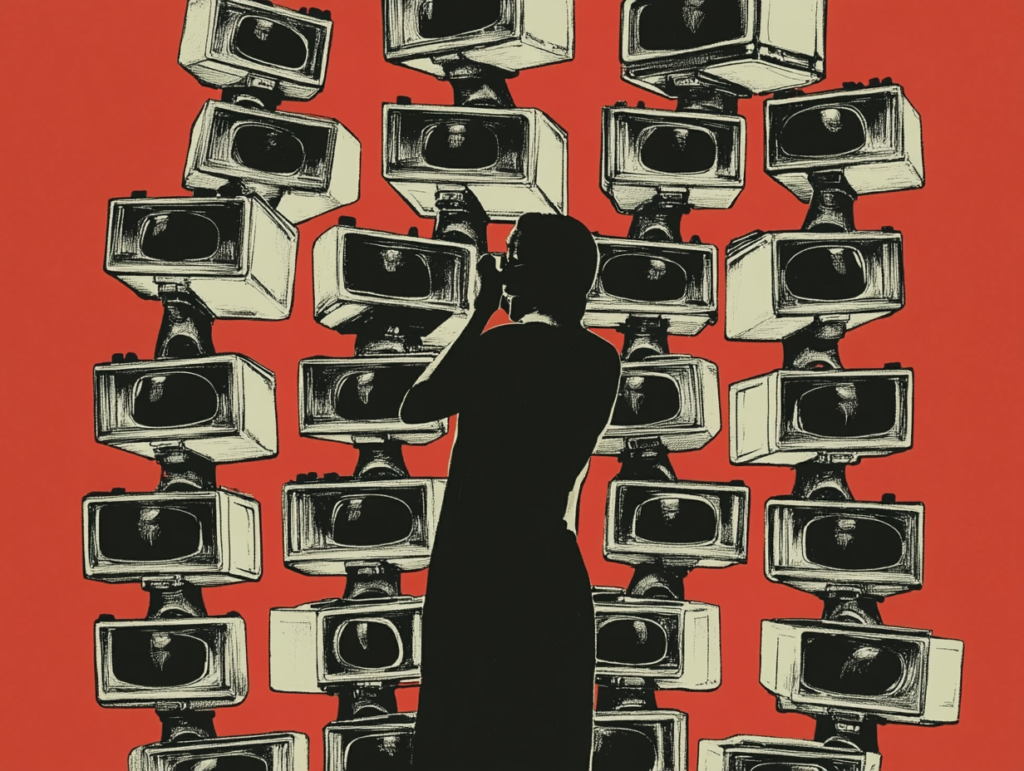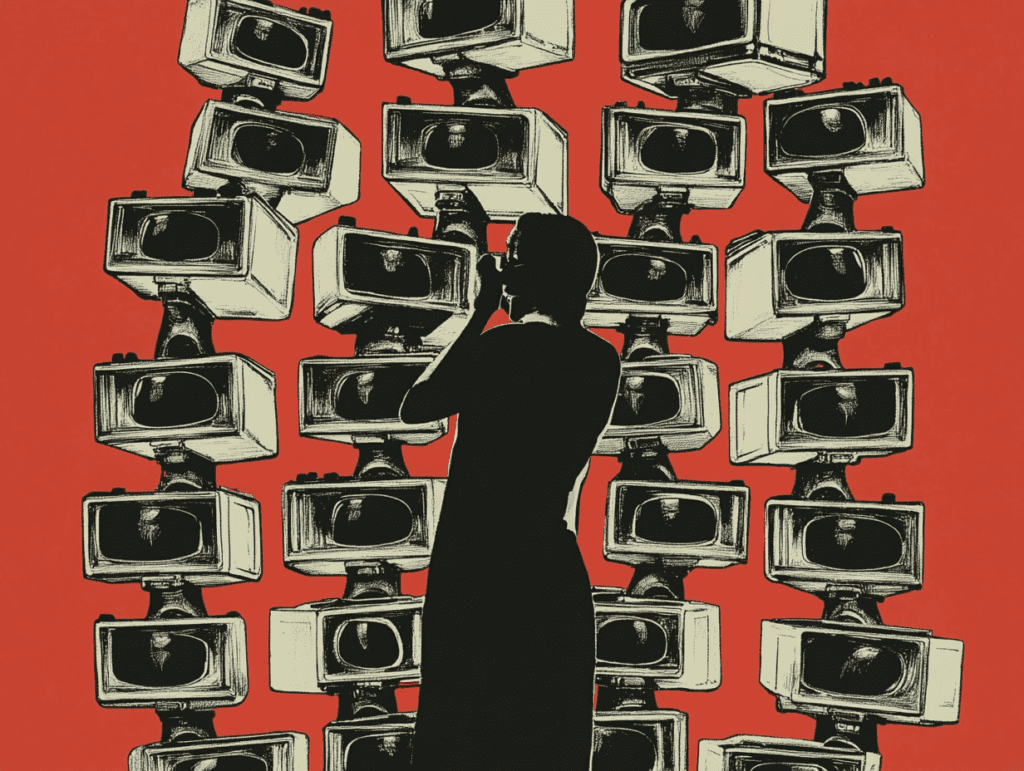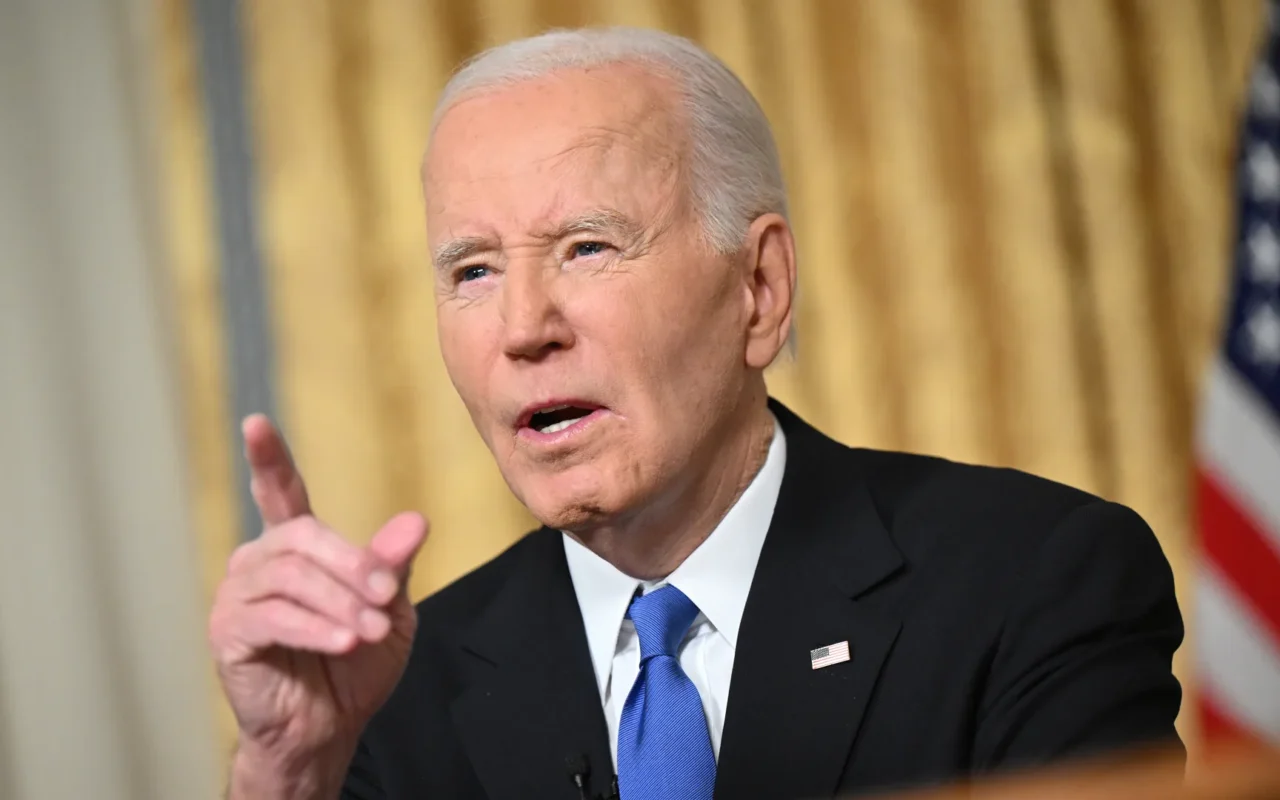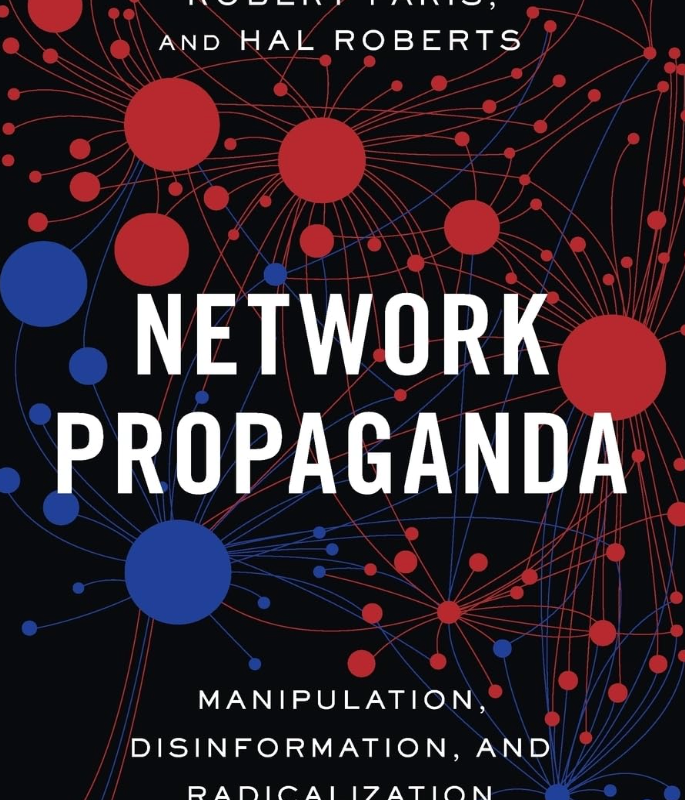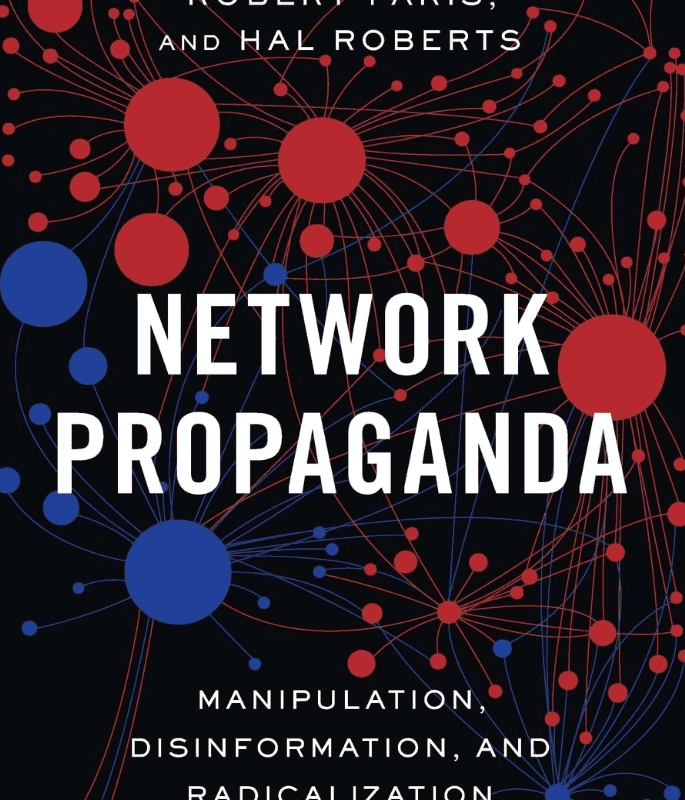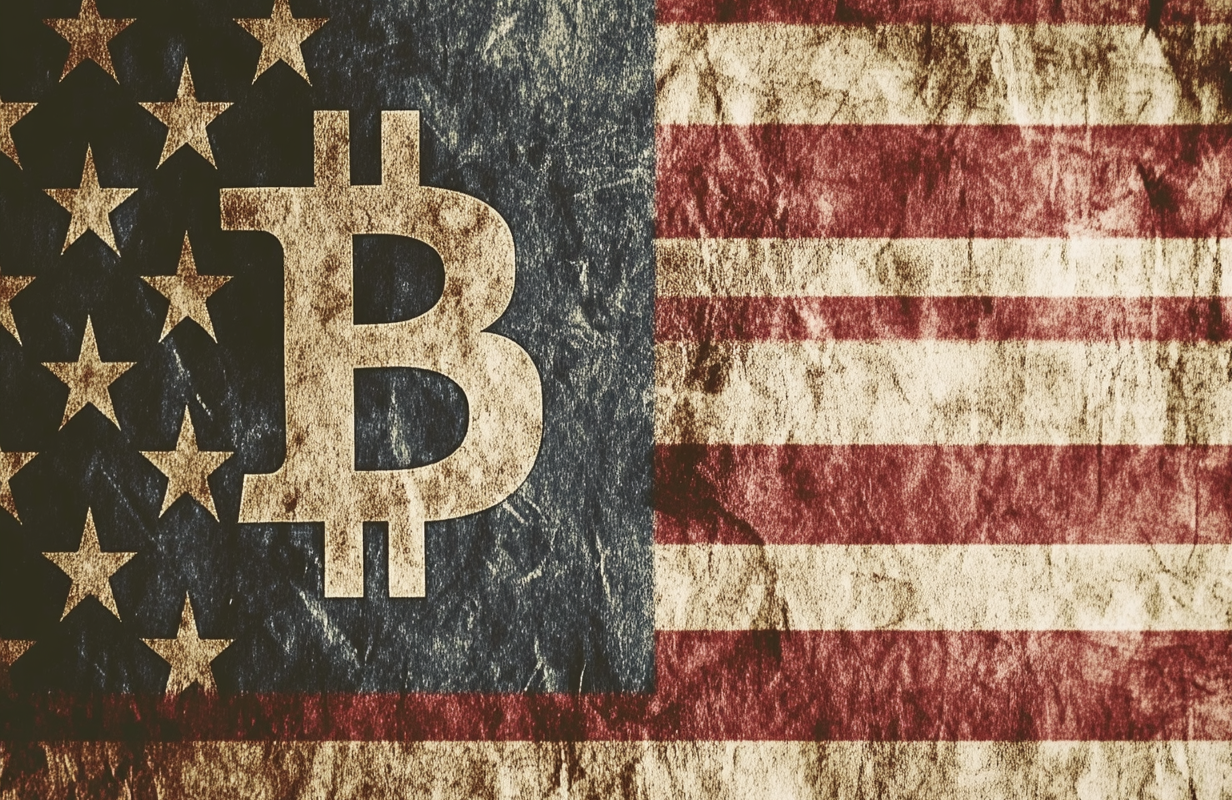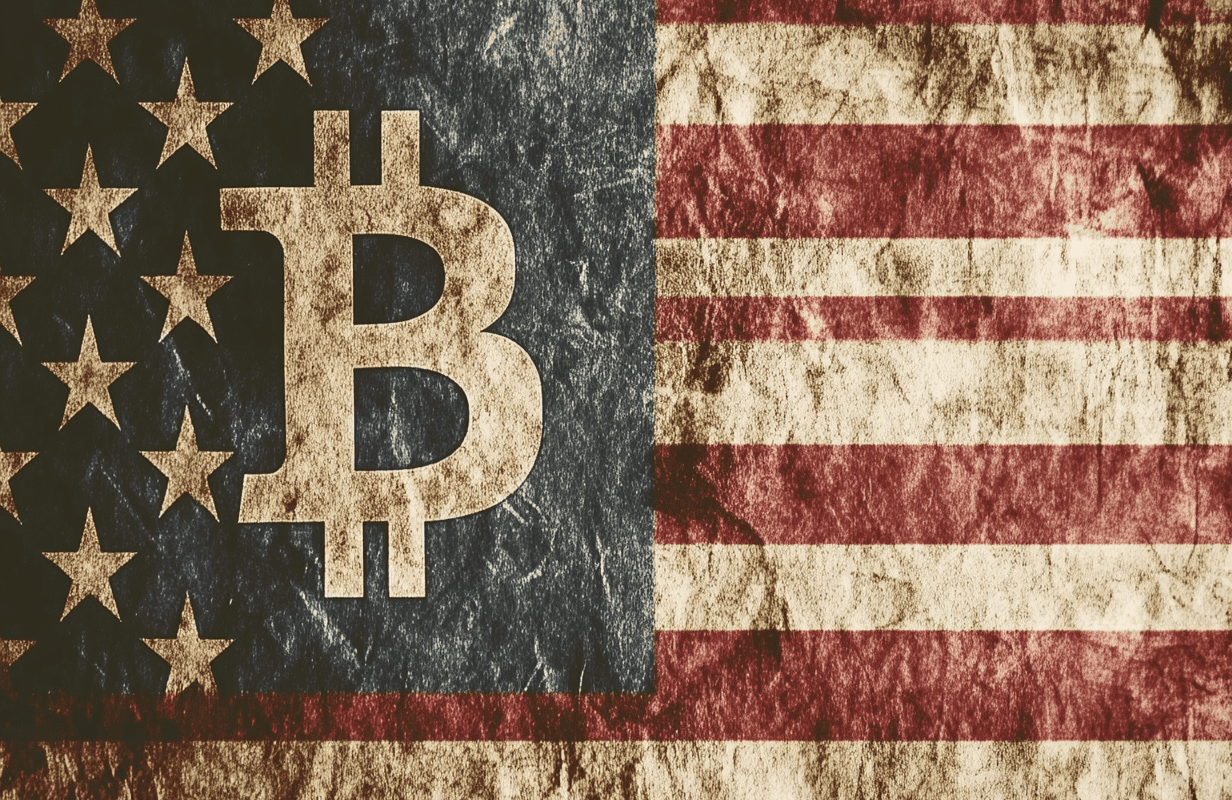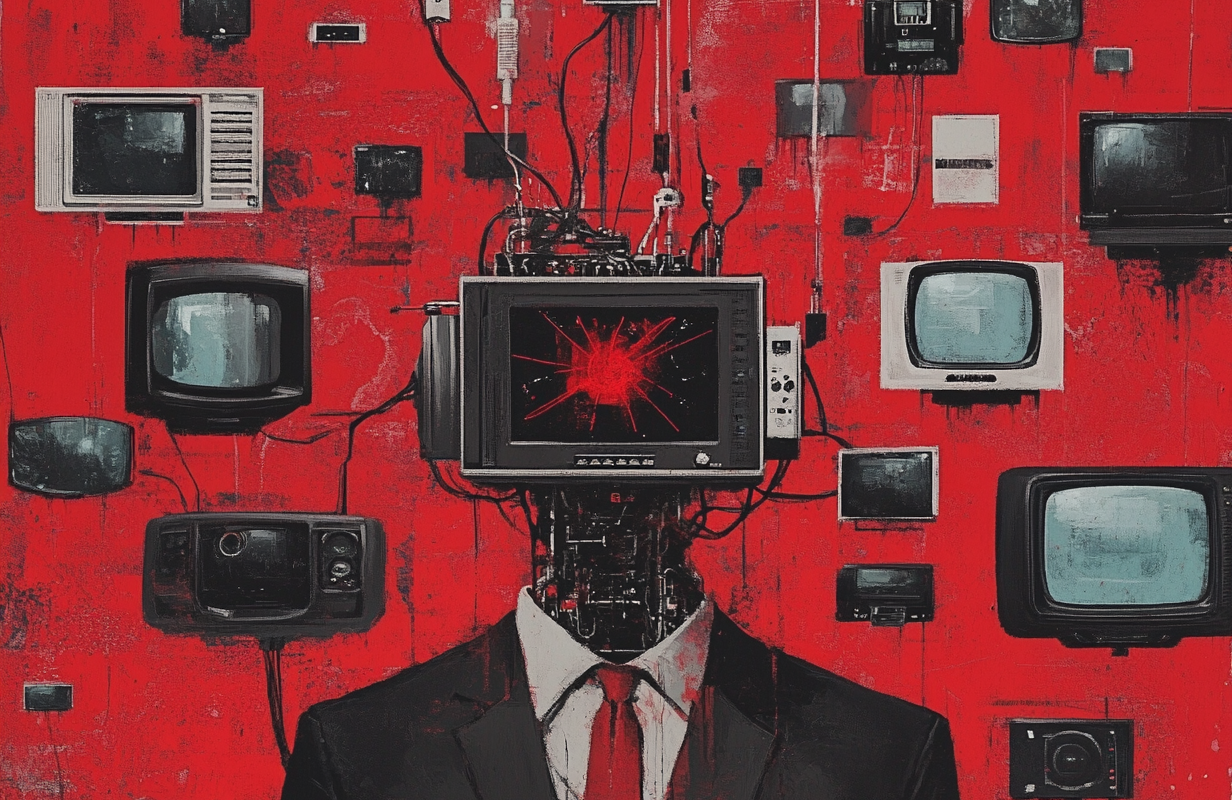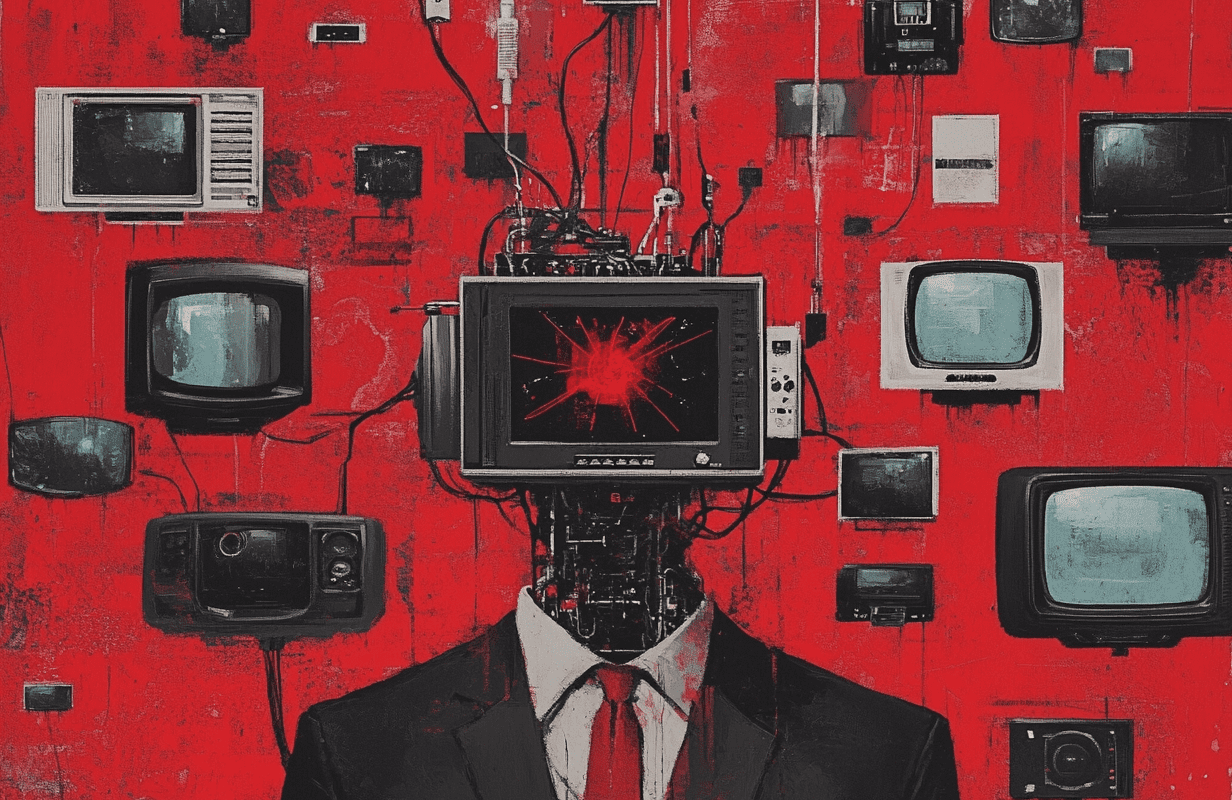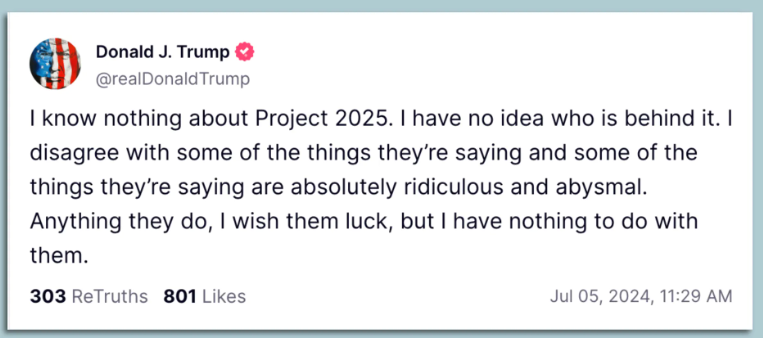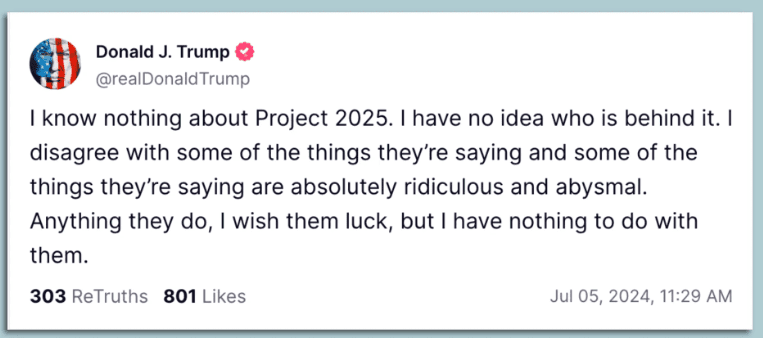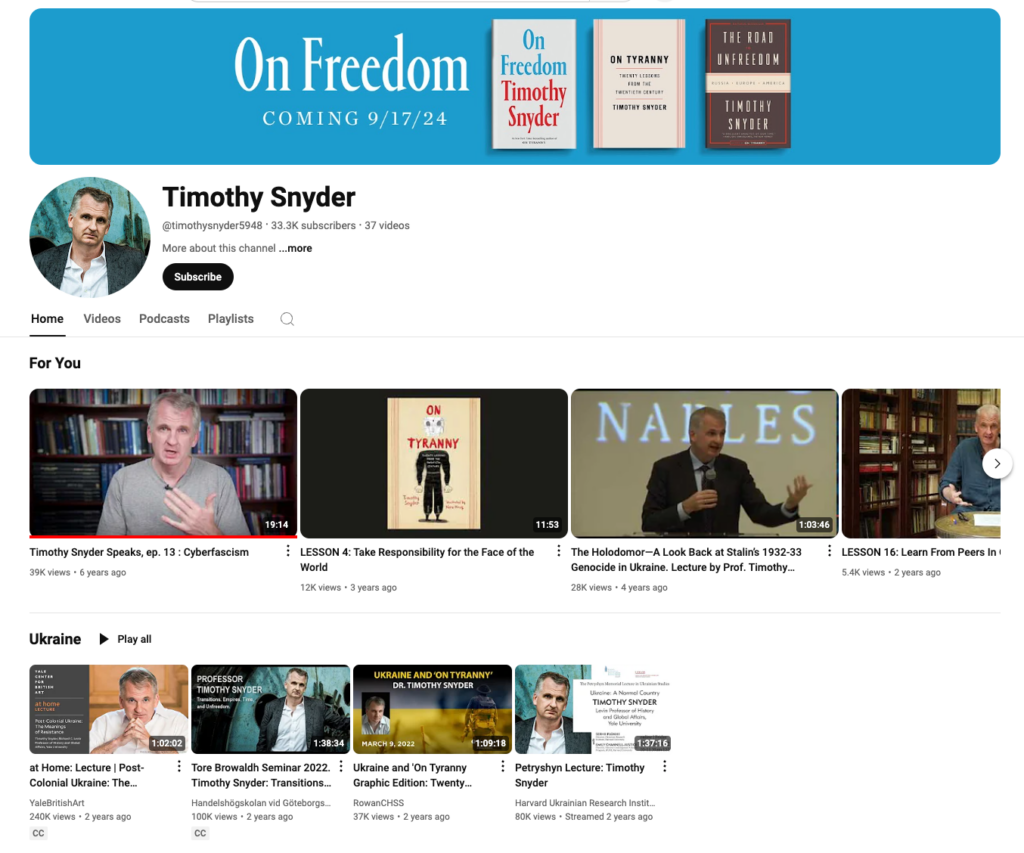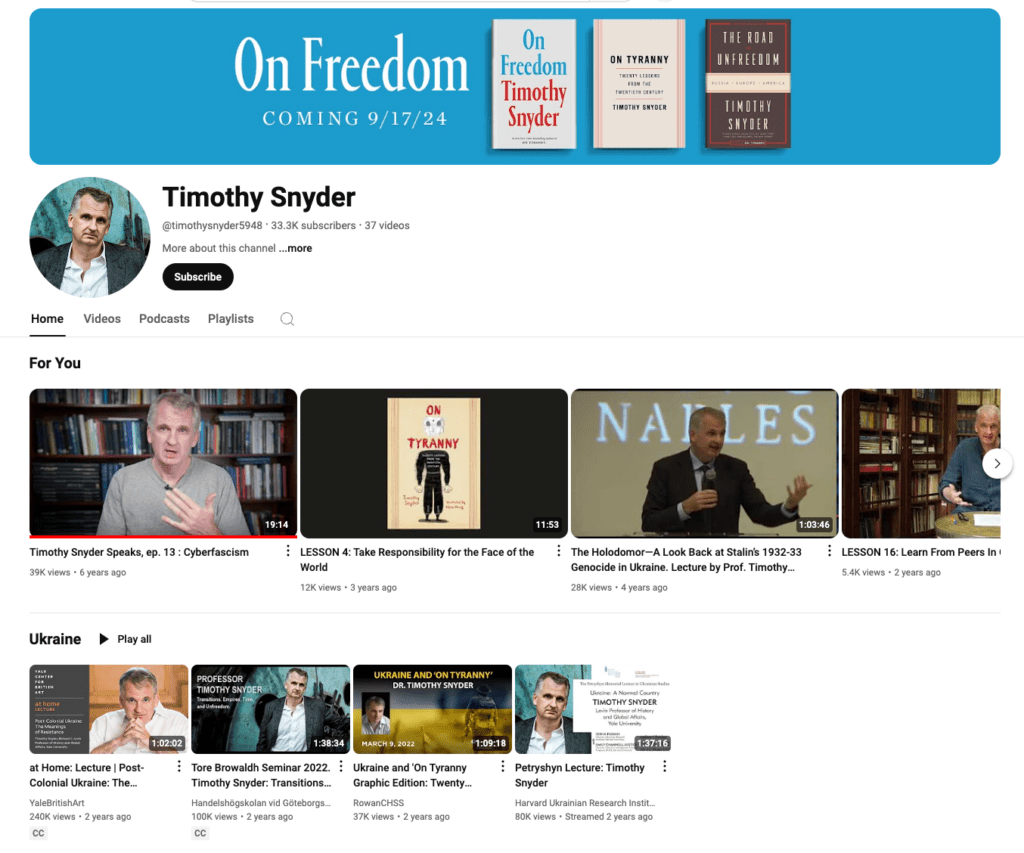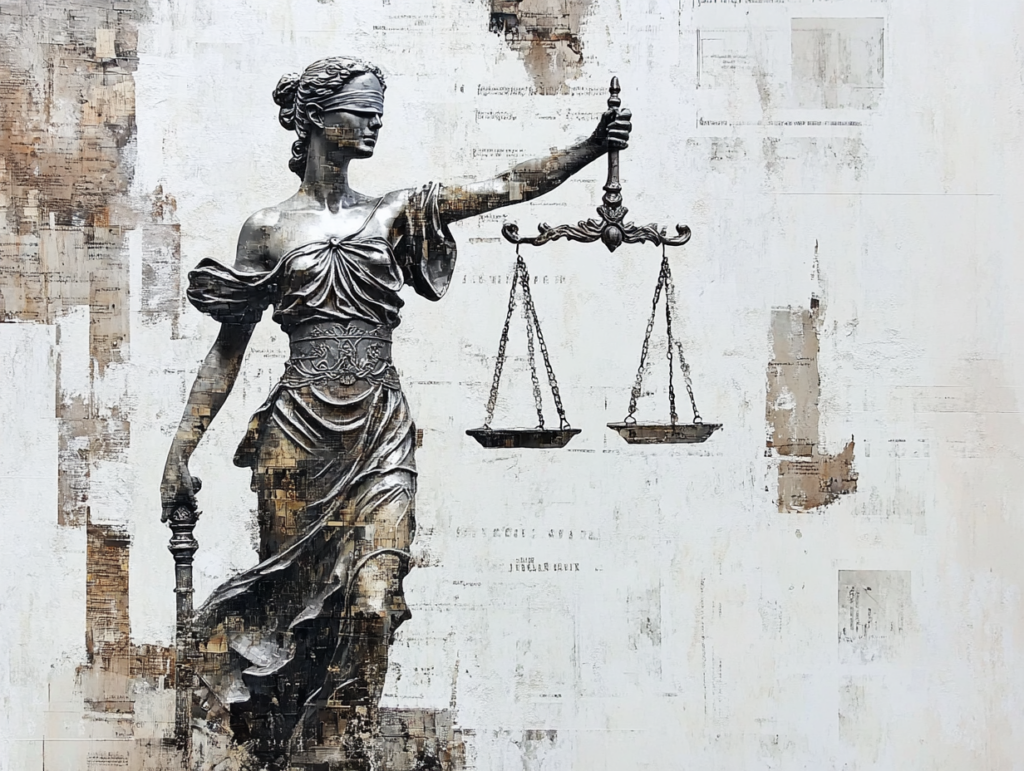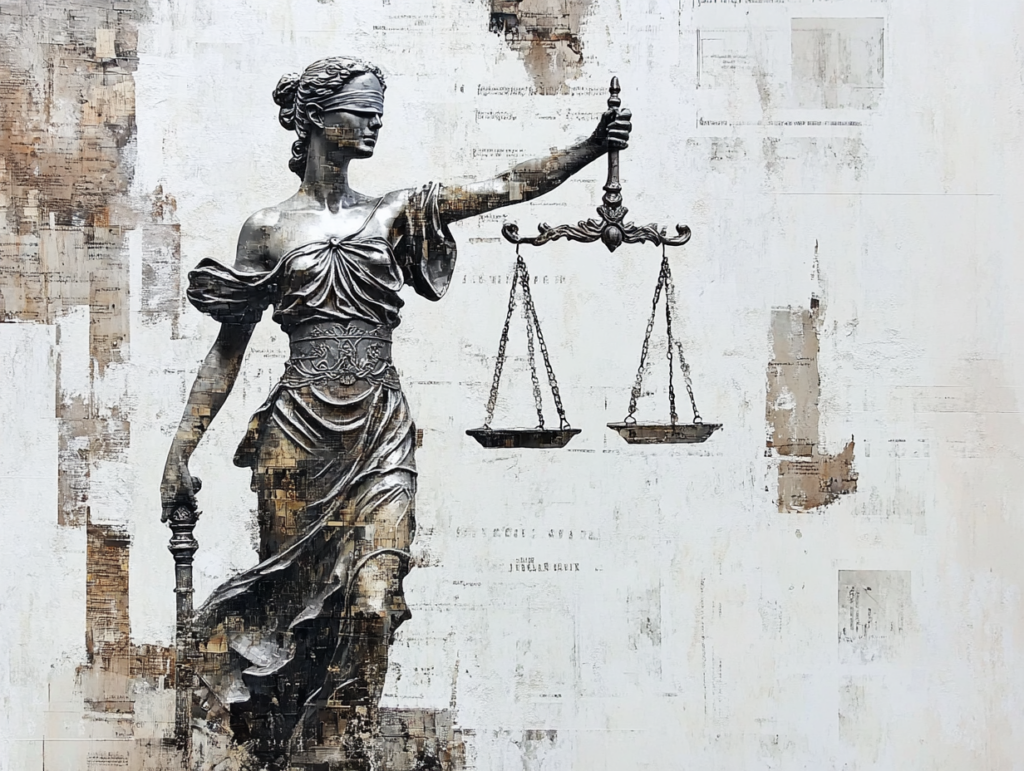Amusing Ourselves to Death: Public Discourse in the Age of Show Business
A Summary and Review of Neil Postman’s Prophetic Analysis
Neil Postman’s 1985 masterpiece, “Amusing Ourselves to Death,” stands as one of the most prescient cultural critiques of our time. Though written specifically about television’s impact on American public discourse, its insights have only gained relevance in today’s internet-dominated world. This book offers an essential framework for understanding how entertainment values have infiltrated and transformed our political landscape.
Book Summary
Postman’s Central Argument
At its core, Postman’s thesis is elegantly simple yet profound: the medium through which we communicate fundamentally shapes what we communicate. The form of our discourse defines its content and limits what ideas can be effectively expressed. In Postman’s analysis, television—with its emphasis on visual stimulation, fragmentation, and entertainment—inevitably transforms all content into entertainment, regardless of its significance or purpose.
Postman begins by establishing a crucial distinction between two dystopian visions: George Orwell’s 1984 with its authoritarian Newspeak and Aldous Huxley’s Brave New World. Where Orwell feared those who would ban books and restrict information, Huxley feared that we would become a trivial culture, where there would be no reason to ban books because no one would want to read them. Postman argues that Huxley’s fear, not Orwell’s, was prophetic—we are being undone not by oppression but by our appetite for distraction.
The Transition from Typography to Television
A significant portion of the book is devoted to contrasting America’s earlier print-based culture with its television-dominated present. Postman characterizes the 18th and 19th centuries as the “Age of Exposition,” where rational, linear, complex arguments could flourish. By contrast, the late 20th century represented the “Age of Show Business,” where entertainment values reign supreme.
In the typographic age, Postman argues, public discourse was coherent, serious, and rational. He points to the Lincoln-Douglas debates, where audiences would listen attentively to hours of complex argumentation, as emblematic of this era. The written word, by its nature, encourages abstract and critical thinking, logical organization, and sustained attention.
Television, by contrast, communicates primarily through images that appeal to emotions rather than reason. Its content is necessarily fragmented, decontextualized, and designed to entertain rather than inform. Postman coins the phrase “peek-a-boo world” to describe how television presents disconnected snippets of information without context or coherence. The medium’s “Now…This” approach to news presentation—where a serious story about war might be followed immediately by a commercial or light-hearted feature—creates a world where everything is presented with equal weight and significance.
The Consequences for Public Discourse
According to Postman, television’s transformation of discourse into entertainment has profound consequences for how we understand and engage with politics, religion, education, and other serious domains of public life.
In politics, substance gives way to image; complex policy discussions are replaced by personality contests and emotional appeals. Campaigns become marketing exercises rather than forums for substantive debate. Politicians are judged not by their ideas but by their ability to entertain and create compelling visual narratives.
In education, the emphasis shifts from developing critical thinking to making learning “fun” and visually stimulating. Serious engagement with ideas becomes secondary to keeping students entertained and engaged through spectacle.
Even religion, when adapted to television, becomes a form of entertainment—with telegenic preachers, emotional music, and simplified messaging replacing theological depth and contemplative practice.


Relevance to the Internet Age
Though written before the rise of the internet, social media, and smartphones, Postman’s analysis has proven remarkably applicable to our current media landscape. If anything, the trends he identified have accelerated and intensified in the digital age.
Amplification of Television’s Effects
The internet has magnified many of television’s problematic aspects. Information is even more fragmented, attention spans shorter, and the line between news and entertainment increasingly blurred. Social media platforms like TikTok, Twitter, Instagram, and Facebook prioritize emotional engagement and entertainment value over informational substance or accuracy.
The smartphone has brought this entertainment-centered approach to communication into every moment of our lives. We now carry the means of constant distraction in our pockets, available at any moment when serious thought or engagement becomes uncomfortable.
New Challenges in the Digital Era
The internet age has also introduced new dimensions that Postman couldn’t have fully anticipated. Unlike television, which created passive consumers of content, social media has transformed us into active “prosumers” who both consume and produce content. This has democratized media creation but also accelerated the spread of disinformation and misinformation and further blurred the line between fact and fiction.
The algorithmic nature of content delivery has created filter bubbles where users primarily encounter information that confirms their existing beliefs. This has contributed to political polarization and the fragmentation of shared reality that Postman warned about.
The constant stream of notifications, updates, and new content has further diminished our capacity for sustained attention and deep engagement with complex ideas. We increasingly consume information in bite-sized chunks optimized for maximum emotional impact rather than intellectual substance.
Political Implications
Nowhere are Postman’s insights more relevant than in the realm of politics. The rise of political figures who excel at entertainment but lack substantive policy knowledge illustrates his core thesis. Political discourse increasingly resembles reality television, with emphasis on conflict, personality, and emotional appeals rather than thoughtful policy debate.
The proliferation of conspiracy theories and misinformation highlights another consequence of entertainment-driven discourse: when emotional resonance matters more than factual accuracy, truth itself becomes relative and subject to entertainment value. We can no longer tell fact from fiction or truth from lying — which is incredibly problematic for a democracy fueled by good decision-making.
Critical Analysis
Strengths of Postman’s Arguments
Postman’s greatest strength lies in his ability to connect the structural properties of media with their cultural effects. Rather than simply lamenting the content of television programming, he demonstrates how the medium itself shapes what can be communicated through it. This media ecology approach provides a powerful framework for understanding not just television but all forms of communication technology.
His recognition that we face a Huxleyan rather than Orwellian threat has proven extraordinarily prescient. The greatest danger to democracy is not censorship but the voluntary surrender of our capacity for critical thinking in exchange for endless entertainment.
Postman’s clear, engaging prose makes complex media theory accessible without sacrificing intellectual rigor. He practices what he preaches by presenting his arguments in a linear, logical fashion that demands and rewards careful reading.
Limitations and Counterarguments
Despite his prescience, Postman occasionally romanticizes the age of print, overlooking the ways in which books and newspapers could also distort or trivialize important issues. The “golden age” of rational discourse he describes had significant limitations in terms of who could participate and what perspectives were represented.
Some critics argue that Postman underestimates people’s ability to engage critically with visual media. Television and internet content are not inherently incapable of conveying complex ideas, though they may make it more difficult.
Postman’s focus on the negative aspects of electronic media also leads him to downplay potential benefits, such as increased access to information, the ability to witness distant events firsthand, and new forms of community building. The digital age has enabled important social movements and given voice to previously marginalized perspectives in ways that merit acknowledgment.
Personal Reflection: The Allure of Political Entertainment
What makes Postman’s analysis so valuable today is its ability to explain the phenomenon of political entertainment. The transformation of politics into a branch of the entertainment industry has profoundly altered how we select and evaluate our leaders.
Political campaigns increasingly resemble reality television competitions, complete with dramatic confrontations, personality-based narratives, and emotionally charged moments designed to go viral. Policy discussions, when they occur at all, are simplified to sound bites and slogans rather than substantive analysis.
The result is a political culture where entertainment value often trumps competence, where the ability to capture attention matters more than the ability to govern effectively. This helps explain why political figures with backgrounds in entertainment have gained prominence, and why traditional politicians increasingly adopt the tactics of entertainers.
Perhaps most concerning is how this entertainment-driven approach to politics has eroded our shared foundation of facts. When politics becomes primarily about emotional engagement rather than problem-solving, truth becomes secondary to narrative appeal. We increasingly select our facts based on their compatibility with our preferred political story rather than evaluating political stories based on their compatibility with facts.
Postman’s analysis helps us recognize these trends not as random developments but as the logical consequences of our media environment. Understanding this connection is the first step toward reclaiming a more substantive approach to political discourse.
Conclusion
“Amusing Ourselves to Death” remains essential reading for anyone seeking to understand the transformation of public discourse in the digital age. Postman’s insights help us recognize how our media shape not just what we think about, but how we think.
The challenge Postman presents is not to abandon new media forms but to approach them with awareness of their biases and limitations. We must develop the media literacy to recognize when we are being entertained rather than informed, and the discipline to seek out forms of communication that encourage deeper engagement with ideas.
In an age where entertainment values increasingly dominate every aspect of public life, Postman’s warning remains urgent: a society that allows its capacity for serious discourse to atrophy may indeed amuse itself to death. The greatest tribute we can pay to Postman’s work is to heed this warning by cultivating forms of communication that nurture our capacity for reason, empathy, and thoughtful civic engagement.
